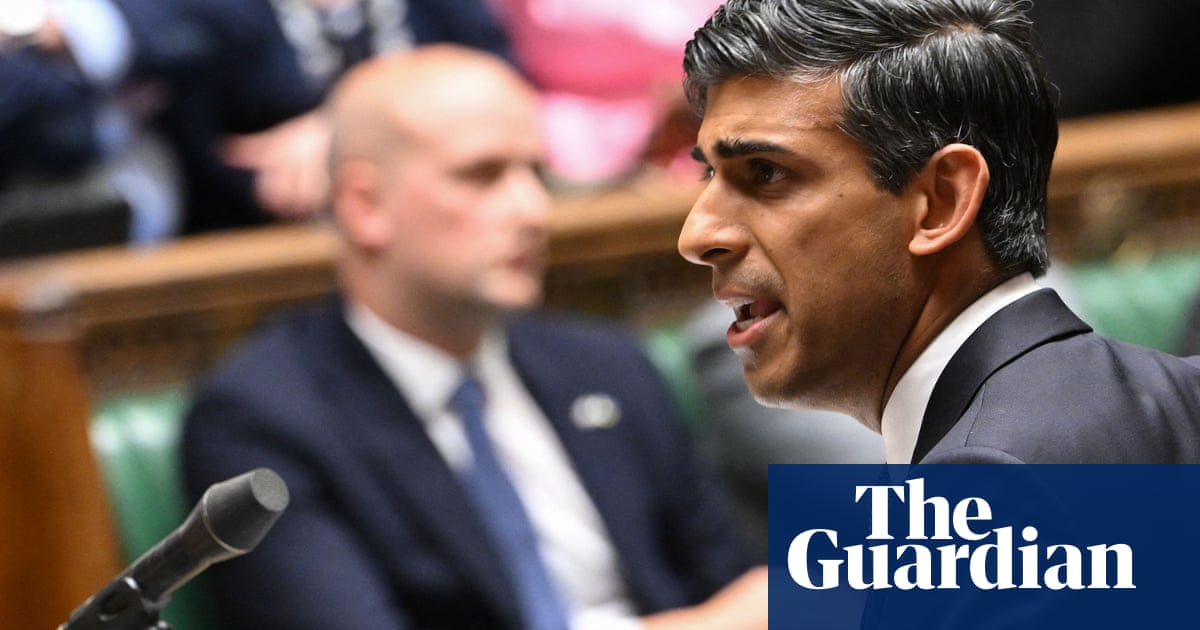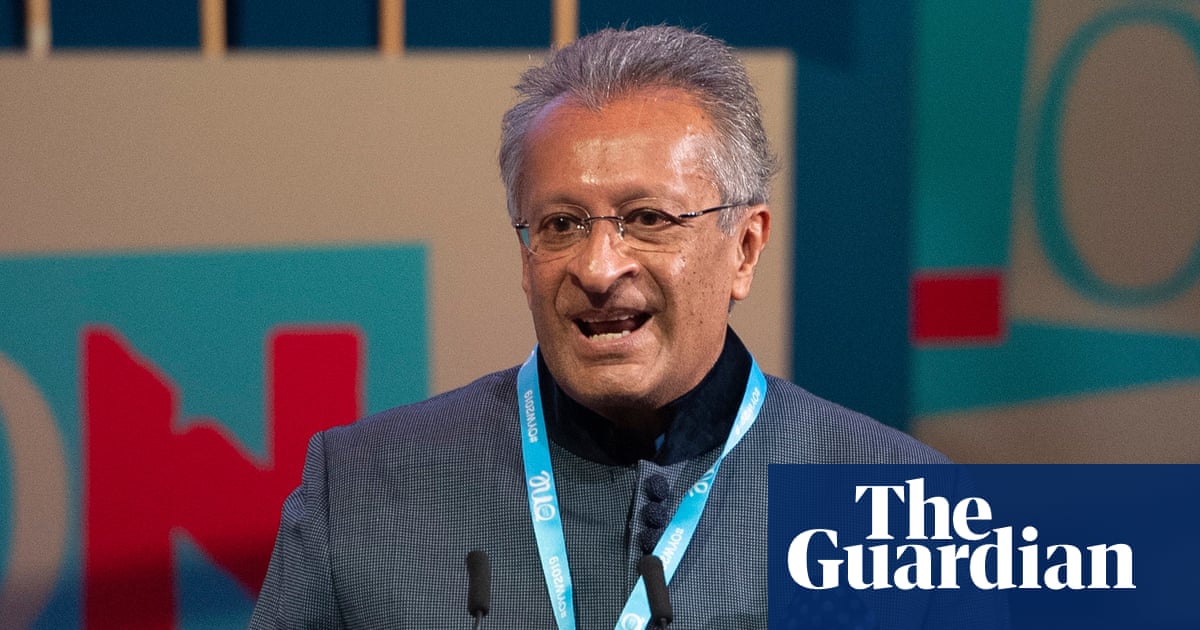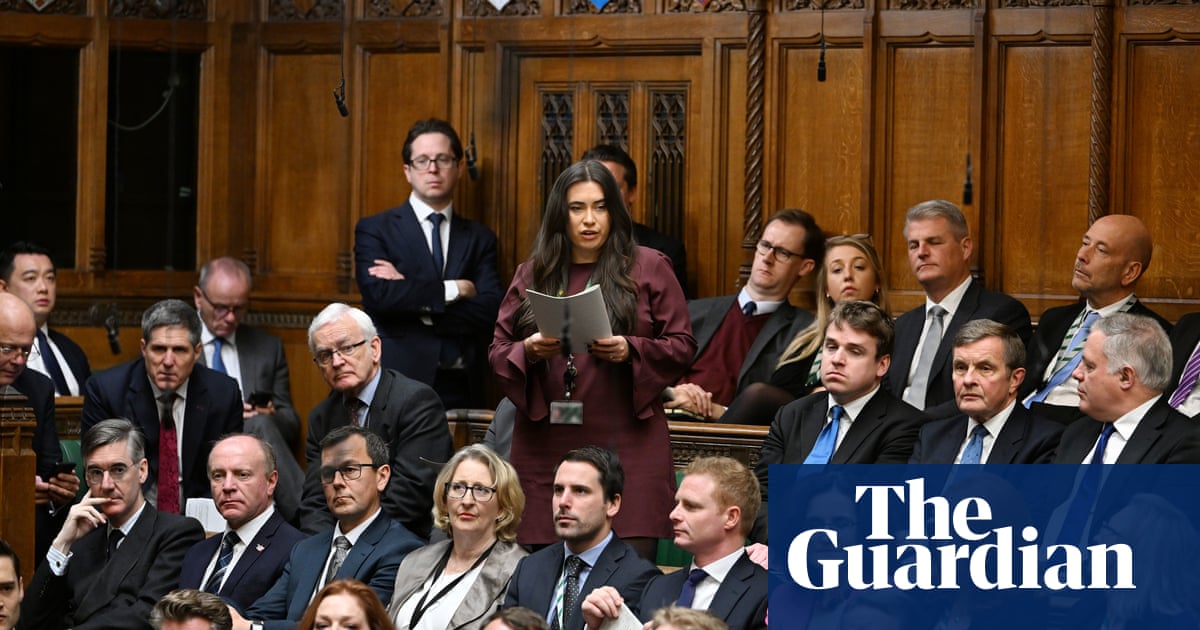
White working-class pupils have been let down by decades of neglect in the English education system, according to a controversial MPs’ report which warns that schools could be breaking the law by promoting “divisive” terminology like “white privilege”.
MPs on the Conservative-dominated Commons education committee examined why poor white children underperform compared to other disadvantaged groups, and rejected the government’s view that poverty is solely to blame.
Their report, published on Tuesday, claims that “an industry” has emerged to support disadvantaged non-white pupils but the same is not available to white pupils on free school meals, who underperform at every level of the education system from early years through to higher education.
The MPs warn that terms such as white privilege – defined as white people benefiting from particular advantages in society – may have contributed towards systemic neglect of white disadvantaged communities. They accuse the government of muddled thinking and sweeping the problem under the carpet.
The report faced immediate opposition, including from among its own members. Kim Johnson, Labour MP for Liverpool Riverside and a member of the committee, said she disowned the report and had submitted her own alternative version, which was voted down by the Tory majority.
“I’m not happy with quite a lot of information contained in it,” she told the Guardian. “I’m not happy about the whole section on white privilege. The inquiry cherrypicked data. I think they were trying to create a bit of a culture war.”
Asked whether she had considered resigning from the committee, she said it had crossed her mind but she wanted to improve educational attainment for all working-class children in disadvantaged communities, adding: “You have to be in it to win it.”
Robert Halfon, the Conservative chair of the committee, said that the concept of “white privilege” would feel alien to many children. “We … desperately need to move away from dealing with racial disparity by using divisive concepts like white privilege that pits one group against another. Disadvantaged white children feel anything but privileged when it comes to education,” he said.
“Privilege is the very opposite to what disadvantaged white children enjoy or benefit from in an education system which is now leaving far too many behind.”
The report, called “The Forgotten: How White Working-class Pupils Have Been Let Down, and How to Change It”, highlights that in 2018-19, 53% of disadvantaged white British pupils – those eligible for free school meals – met the expected standard of development at the end of the early years foundation stage, one of the lowest proportions of any disadvantaged ethnic group.
At GCSE, meanwhile, 17.7% of disadvantaged white British pupils achieved grade 5 or above in English and maths, compared with 22.5% of all pupils eligible for free school meals. White working-class pupils are also the least likely group to go into higher education of any ethnic group other than traveller of Irish heritage and Gypsies/Roma.
As well as terminology like white privilege, the report identified persistent multigenerational disadvantage, regional underinvestment, family experience of education and disengagement from the curriculum as factors which may combine to put white-working class pupils at a disadvantage.
Halfon accused ministers of failing to recognise the problem. “If the government is serious about closing the overall attainment gap, then the problems faced by the biggest group of disadvantaged pupils can no longer be swept under the carpet,” he said.
“Never again should we lazily put the gap down to poverty alone, given that we know free school meal eligible pupils from other ethnic groups consistently outperform their white British peers.”
He added: “For decades now white working-class pupils have been let down and neglected by an education system that condemns them to falling behind their peers every step of the way.
“White working-class pupils underperform significantly compared to other ethnic groups, but there has been muddled thinking from all governments and a lack of attention and care to help these disadvantaged white pupils in towns across our country.”
Maurice Mcleod, chief executive of the thinktank Race on the Agenda, rejected the report’s conclusions. “Today’s education committee report is just the latest government salvo in the culture war it seems hellbent on stoking,” he said.
“Instead of honestly accepting that children from all backgrounds have been badly let down by decades of neglect, this report attempts to create unhelpful divides between children based on their race.”
Published in the wake of the widely criticised Commission on Race and Ethnic Disparities, the education committee report also urged schools to consider whether the promotion of politically controversial terminology, including white privilege, is consistent with their duties under the Equality Act 2010.
“The Department [for Education] should take steps to ensure that young people are not inadvertently being inducted into political movements when what is required is balanced, age-appropriate discussion and a curriculum that equips young people to thrive in diverse and multicultural communities throughout their lives and work.”
Last year Kemi Badenoch, the women and equalities minister, warned that schools that teach pupils that white privilege is an uncontested fact are breaking the law.
The MPs made a series of recommendations to government in the new report, including finding “a better way to talk about racial disparities” to avoid pitting different groups against each other. It also recommended the introduction of a strong network of family hubs across the country to encourage parental engagement and mitigate the effects of multi-generational disadvantage.
The report also suggested funding should be tailor-made at local level, with initiatives to focus on attracting good teachers to challenging areas, and promotion of vocational and apprenticeship opportunities.
Geoff Barton, general secretary of the Association of School and College Leaders, questioned why the committee had chosen to enter the debate about the term white privilege.
“This does not seem helpful and is likely to divert attention from the rest of the report,” he said. “We have to do better for all disadvantaged pupils – from all ethnic backgrounds … Many communities suffer from multigenerational poverty, insecure employment and lack of opportunity, and it is extremely hard to raise attainment when children and families experience such factors.”
A Department for Education spokesperson said: “This government is focused on levelling up opportunity so that no young person is left behind.
“That’s why we are providing the biggest uplift to school funding in a decade – £14bn over three years – investing in early years education and targeting our ambitious recovery funding, worth £3bn to date, to support disadvantaged pupils aged two to 19 with their attainment.
“The pupil premium is expected to increase to more than £2.5bn this year, through which schools can support pupils with extra teaching, academic support or activities like breakfast clubs or educational trips. Alongside this we are investing in family hubs, transforming technical education and strengthening teacher training in areas that need it most, including our opportunity areas, so that every pupil can go to an excellent school.”












